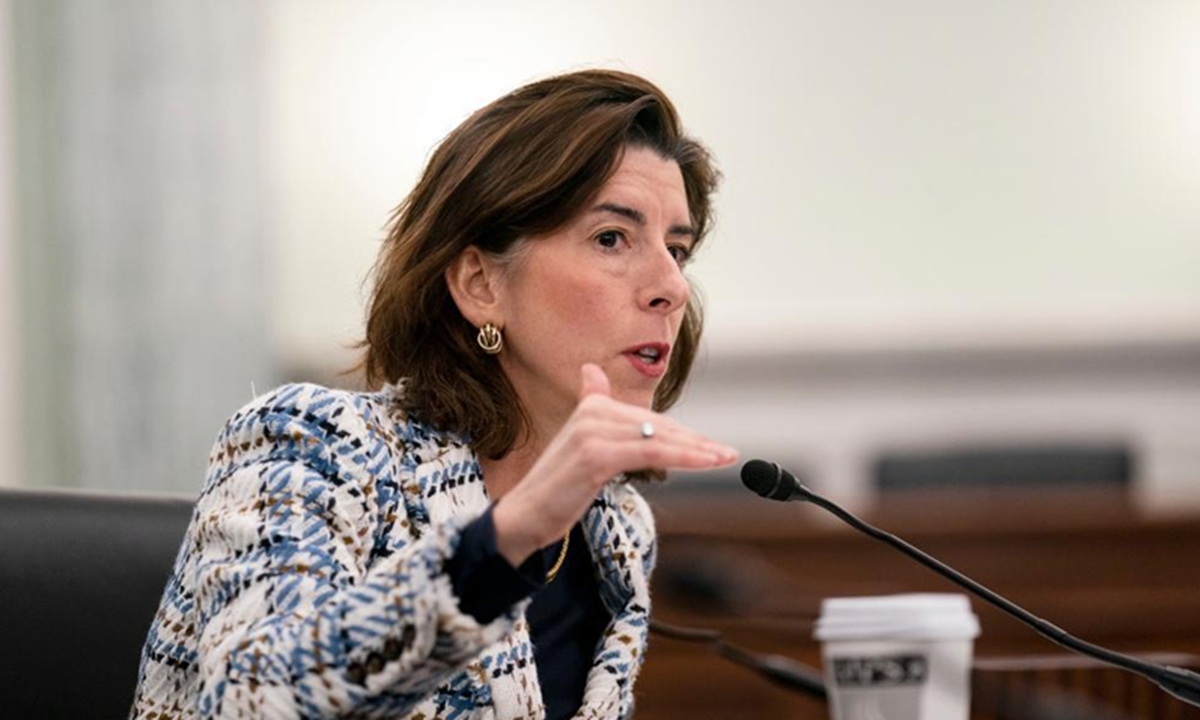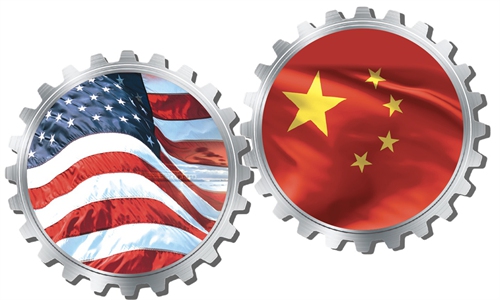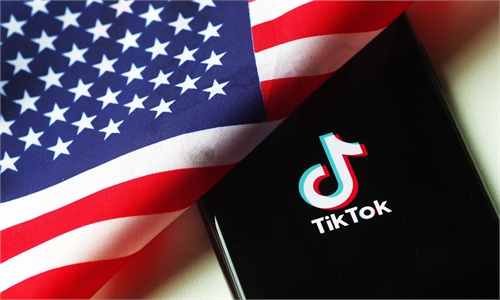
US Commerce Secretary Gina Raimondo. Photo: Xinhua
The US Secretary of Commerce Gina Raimondo attended the annual Reagan National Defense Forum in California on Saturday. Her speech revealed a lot of information, which is worth discussing. The Secretary of Commerce's appearance at the Reagan National Defense Forum, dominated by the US military-industrial complex, was already somewhat incongruous, like a peddler running onto the battlefield. Raimondo's speech made her the most talked-about "protagonist" at the forum, highlighting the abnormality of US politics, especially in its treatment of China.
Raimondo, who is considered by many to be relatively moderate toward China, stated that, despite differences, the US intends to further develop its commercial relationship with China because the US believes it will not affect its national security interests. However, this statement is more of a "routine matter," as most of what she said that day contradicted this, and she constantly brought up "national security."
For example, she described China as "the biggest threat" the US has ever had and emphasized that "China is not our friend." The focus of her speech was to call for stronger restrictions on China in the semiconductor field. It is not easy to determine which statement is sincere and which is not. The more likely situation is that this contradictory or two-faced nature is deeply rooted in the current US policy toward China, showing a characteristic of "wanting both."
From Raimondo's speech, we can see at least three points. First, the severity of Washington's abuse of "national security" in its dealings with China; second, Washington's hostility and malice toward China, with no intention to conceal its desire to strike at China; third, Washington is facing a dilemma in implementing its policy of containment and crackdown against China. The third point is unintentionally exposed by Raimondo, but it is not surprising to anyone.
Raimondo complained that her department only had a budget of $200 million for export controls, "the cost of a few fighter jets." She requested that Congress provides more funding to carry out actions to prevent China from catching up with the US in cutting-edge semiconductor technology. Raimondo called out Nvidia by name, saying that developing and exporting chips with slightly lower performance to China to bypass US export controls "is not productive." Raimondo also said during a media interview that her department was mired in "a game of whack-a-mole" when enforcing chip export controls.
We want to say to Raimondo that even if the budget is increased from $200 million to $20 billion or even more, it will still be in vain, and the US will still feel constrained because the goal was set wrong. Going against the rules, principles, and laws of the free trade market is like using a sieve to build a dam. No matter how hard you try, water will still flow through. The US continuously strengthens its export controls on China, sacrificing the interests of its own companies, which is a foolish act. Building a "small yard, high fence" and pursuing "decoupling" will result in endless costs and consequences.
US Defense Secretary Lloyd Austin also gave a speech at the Reagan National Defense Forum, which is his home turf. Although one is the Secretary of Defense and the other is the Secretary of Commerce, Austin and Raimondo's speeches have united in promoting the "China threat" and using it as a reason to seek more budget for their respective departments. Austin also emphasized the need to enhance America's technological advantage to expand its military superiority. According to US media reports on Saturday, an unpublished draft of a new defense industry report by the Pentagon states that the US defense industry is struggling to keep up with China and that the speed of weapon production is insufficient to meet global requirements.
A country with the world's most powerful force is living in such a severe state of anxiety, immersed in paranoid delusions, and unable to come out. How can this make other countries in the world feel at ease? The US has knocked over the first domino of "anxiety," and it is inevitably deeply involved in it. Obviously, the predicament mentioned by Raimondo is not just a problem of the US Department of Commerce but also the consequences brought about by the entire country's wrong foreign strategy. If there is no change in direction, the situation will inevitably worsen.


